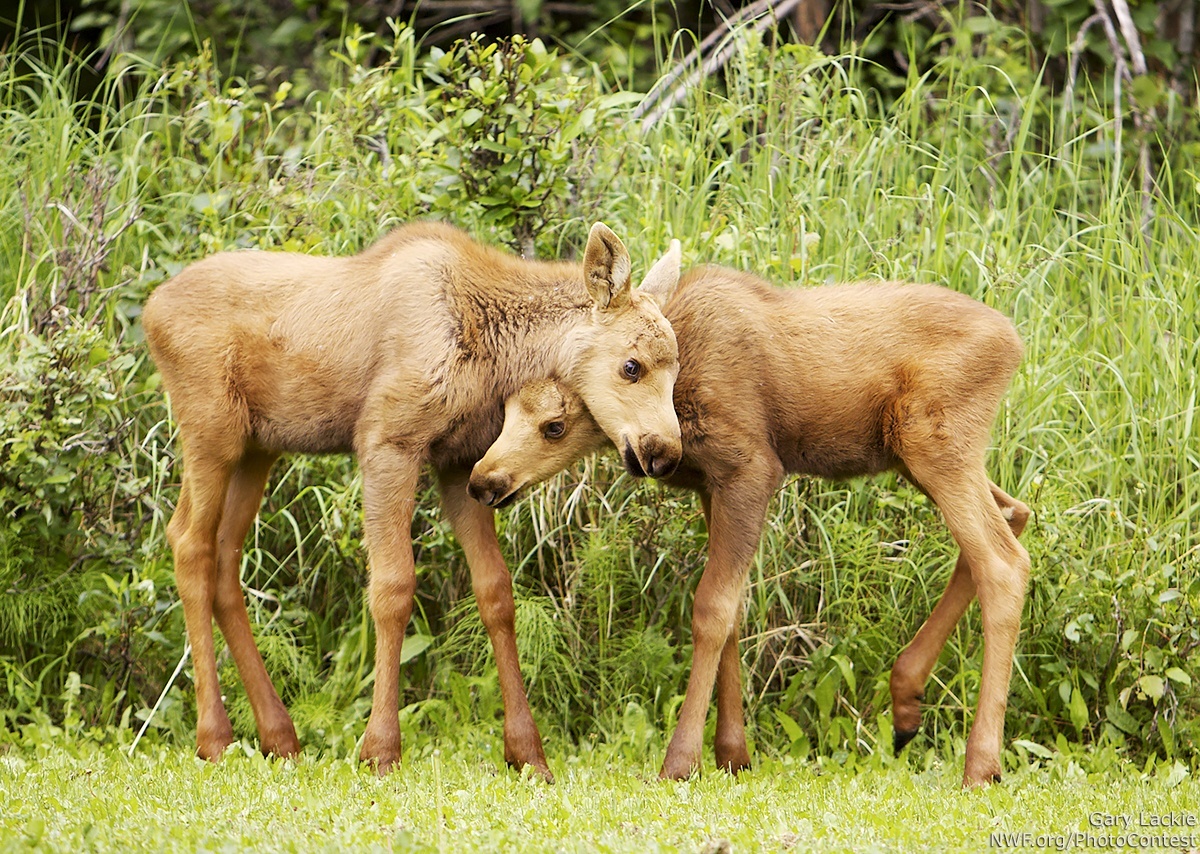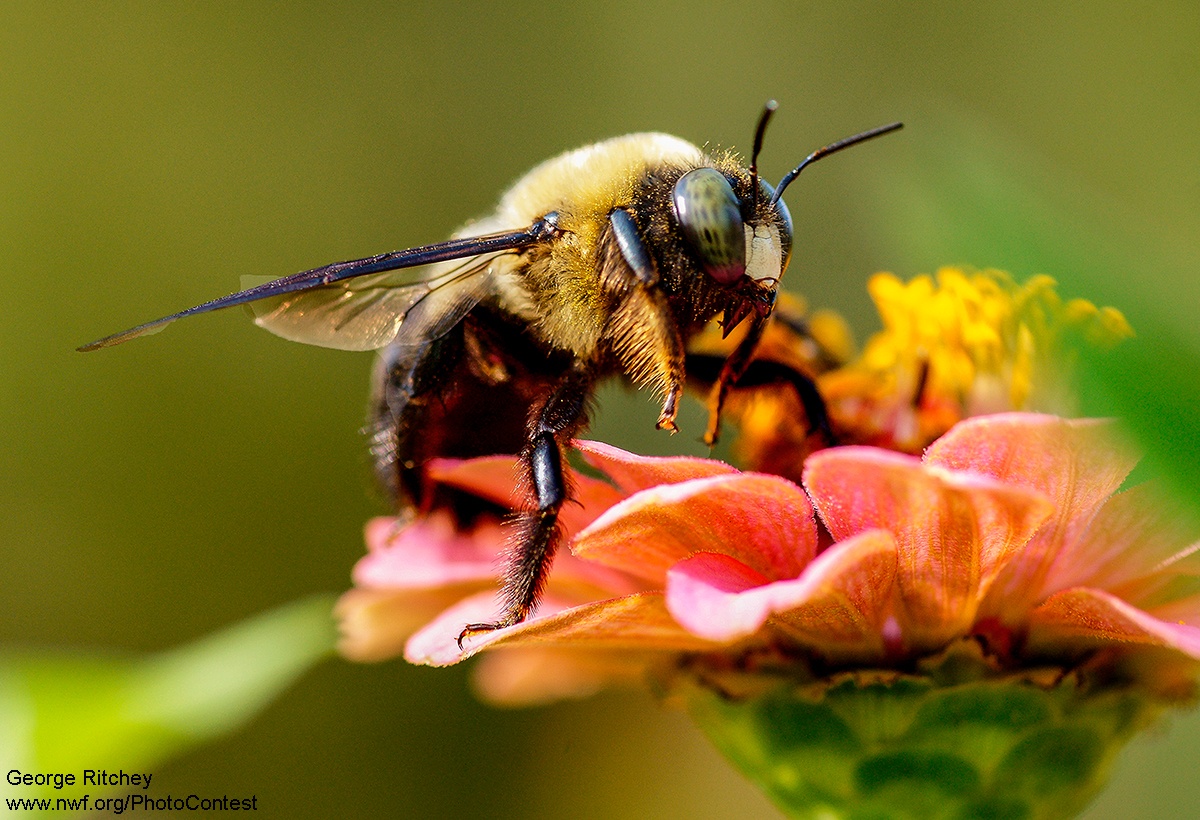We have much more to do and your continued support is needed now more than ever.
Pope Francis Reaffirms Need to Protect Wildlife from Climate Change
Pope Francis is in the middle of his first ever trip to the United States, having just visited Washington DC, and now stopping in New York and Philadelphia. Over the past two days he addressed a crowd at the White House as well as a joint session of Congress. While in New York today he will address the United Nations (UN) General Assembly.
While here, Pope Francis has echoed many of the sentiments outlined in his June encyclical, “On Care for Our Common Home”, emphasizing that climate change, and its impact on social justice, public health, and ecosystems, is a moral issue that must be addressed. Wednesday at the White House he referenced the Environmental Protection Agency’s landmark Clean Power Plan, stating that he finds it “encouraging that [President Obama is] proposing an initiative for reducing air pollution… it seems clear to me also that climate change is a problem which can no longer be left to a future generation”.

Bringing Wildlife into the Climate Discussion
It is fitting that a strong message on climate has come from a pope who has shown his love and appreciation of wildlife. St. Francis of Assisi, from which the Pope took his name, is known as the patron saint of animals and the environment and preached love and protection for all of creation. His teachings have clearly rung true for the current Pope, who, in his address to congress stated: “We need a conversation which includes everyone, since the environmental challenge we are undergoing, and its human roots, concern and affect us all”
The Pope’s message around climate change resonates deeply with the moral and spiritual foundations of the conservation movement. There is indeed a moral imperative within NWF’s own work to protect our environmental and wildlife heritage for the sake of native wildlife, ourselves, our neighbors, and for future generations.
Across the United States and around the world, climate change poses an increasingly dire threat to wildlife, communities, and public health. Changes to our climate are causing habitat ranges to shift, decreasing available food and water, altering the chemistry of the ocean, and increasing the rate of species’ extinction. Iconic American species including moose, trout, bald eagles, and the pollinators that help provide us with food are all impacted by climate change. Action is essential to ensure that the species we love have sufficient habitat to adapt to the coming changes.

Call for Meaningful Action
The Pope has highlighted the growing need for action both nationally and internationally to address climate change and is expected to urge world leaders to act boldly when he addresses the UN General Assembly on Friday.
In Thursday’s address he called on Congress to act, stating that he has “no doubt that the U.S. – and this Congress – have an important role to play” in mitigating the serious effects of environmental degradation. His message is especially important as we approach the coming international climate negotiations in Paris this winter, where world leaders will come together to create a global plan to reduce our greenhouse gas emissions.
As an organization which strives to protect wildlife for our children’s future, NWF echoes the Pope’s call for congressional and international action to address climate change.
![]() Ask your Members of Congress to stand strong on climate action by supporting the Clean Power Plan!
Ask your Members of Congress to stand strong on climate action by supporting the Clean Power Plan!





















